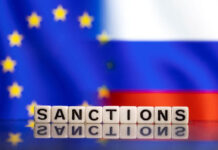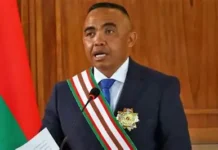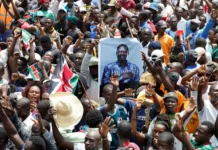Brazil and India have jointly pushed back against escalating U.S. tariff measures announced by former President Donald Trump, with both governments reaffirming sovereignty and promising to defend their national interests in the face of increasing economic coercion.
On July 31, 2025, President Trump issued an executive order to impose steep new tariffs specifically, a 50 percent levy on most Brazilian exports to the United States, set to take effect around August 6.
This move was justified by Washington citing Brazil’s judicial handling of former President Jair Bolsonaro’s trial, described as a “witch-hunt.” Brazil swiftly condemned the action as unjustified and politically motivated interference in its domestic affairs.
Brazilian President Luiz Inácio Lula da Silva firmly rejected the U.S. stance, asserting that “Brazil is a sovereign nation with independent institutions and will not accept any form of tutelage”a rebuke to what he described as Washington’s attempt to influence Brazil’s legal system.
Brazil’s response extended beyond rhetoric. The government has pledged potential reciprocal tariffs under its newly enacted Trade Reciprocity Law, signaling that any unilateral measures will be met with legally grounded countermeasures.
Analysts warn that approximately 35.9 percent of Brazilian exports to the U.S. by value will now fall under the 50 percent tariff, with other goods facing 10 to 50 percent duties depending on category.
Simultaneously, India has been targeted with a 25 percent tariff starting August 1, accompanied by additional penalties for its continued military and energy purchases from Russia.
The Indian government has swiftly lodged formal objections, calling the move an unfair pressure tactic. Officials emphasized that India will stand firm on protecting key sectors such as agriculture, dairy, pharmaceuticals, and textiles, all while safeguarding livelihoods of millions.
Commerce Minister Piyush Goyal declared in Parliament that India is committed to defending its national interest and will not yield to external economic intimidation. Goyal further rebutted Trump’s characterization of India’s economy as “dead,” pointing to its strong growth trajectory and imminent rise to become the world’s third-largest economy.
BRICS solidarity also emerged as a theme in the riposte. Earlier international remarks by Brazil’s President Lula emphasised that “the world does not want an emperor,” denouncing U.S. unilateralism and calling for alternative trade systems beyond the dominance of the dollar. Brazil has also reaffirmed plans to deepen regional integration and pursue global market diversification through partnerships with Europe, Asia, and Mercosur.
Together, Brazil and India’s responses encapsulate a larger shift in global diplomacy: emerging economies are asserting their economic sovereignty and rejecting attempts at coercive trade diplomacy.
With tariffs looming and bilateral negotiations underway, both nations are reinforcing their resolve to protect domestic industries, uphold multilateral trade principles, and counterbalance perceived U.S. overreach.
Written By Ian Maleve



















